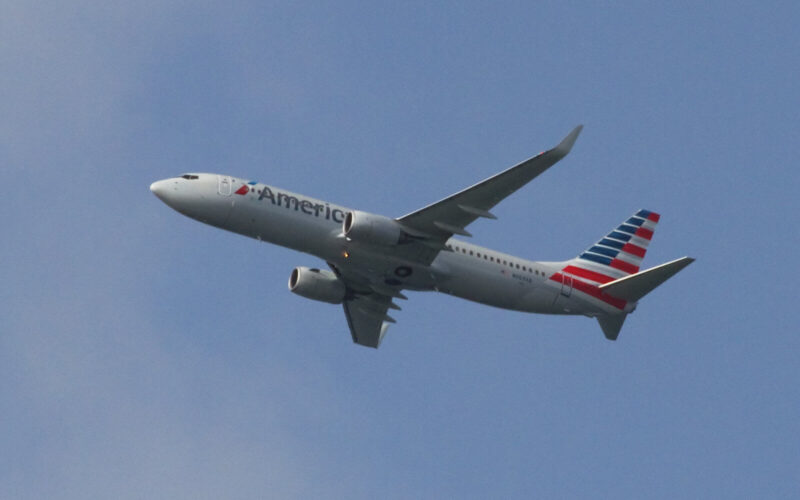American Airlines (A1G) (AAL) has reported the financial results of the first quarter of 2019, revealing smaller operating income, but higher net income than during the corresponding period a year ago. One of the struggles it encountered during 1Q was, unsurprisingly, Boeing 737 MAX grounding, which has already cost the airline millions.
Overall, American Airlines (A1G) (AAL) reported a first-quarter 2019 operating income of $375 million and a net profit of $185 million. In comparison, it was $396 million and $159 million accordingly in the first quarter of 2018, as outlined in a statement from April 26, 2019.
“[…] our near-term earnings forecast has been affected by the grounding of our Boeing 737 MAX fleet, which we have removed from scheduled flying through Aug[ust] 19,” according to American Airlines Chairman and CEO Doug Parker. “We presently estimate the grounding of the 737 MAX will impact our 2019 pre-tax earnings by approximately $350 million. With the recent run-up in oil prices, fuel expenses for the year are also expected to be approximately $650 million higher than we forecast just three months ago”.
Boeing 737 MAX grounding & other cancellations
The company had to ground its fleet of 24 737 MAX 8 aircraft on March 13, 2019, consequently canceling approximately 1,200 flights in the first quarter. However, the MAX situation was not the only one to blame to the company’s $80 million “impact” to pre-tax income in the first quarter.
The airline has also removed 14 737-800 aircraft from service on March 7, 2019, for “remediation work following the installation of new aircraft interiors”. As the airline is working to modernize around 200 aircraft in its fleet, it was notified by pilots that on some of planes overhead bins in cabins were not closing. This resulted in another (around) 940 flights canceled. The planes have since returned to service.
As for 737 MAX, the planes are expected to remain grounded at least until August 19, affecting approximately 115 flights per day or 2% of the airline’s capacity. This could eventually result in a $350 million impact to its 2019 pre-tax earnings.

